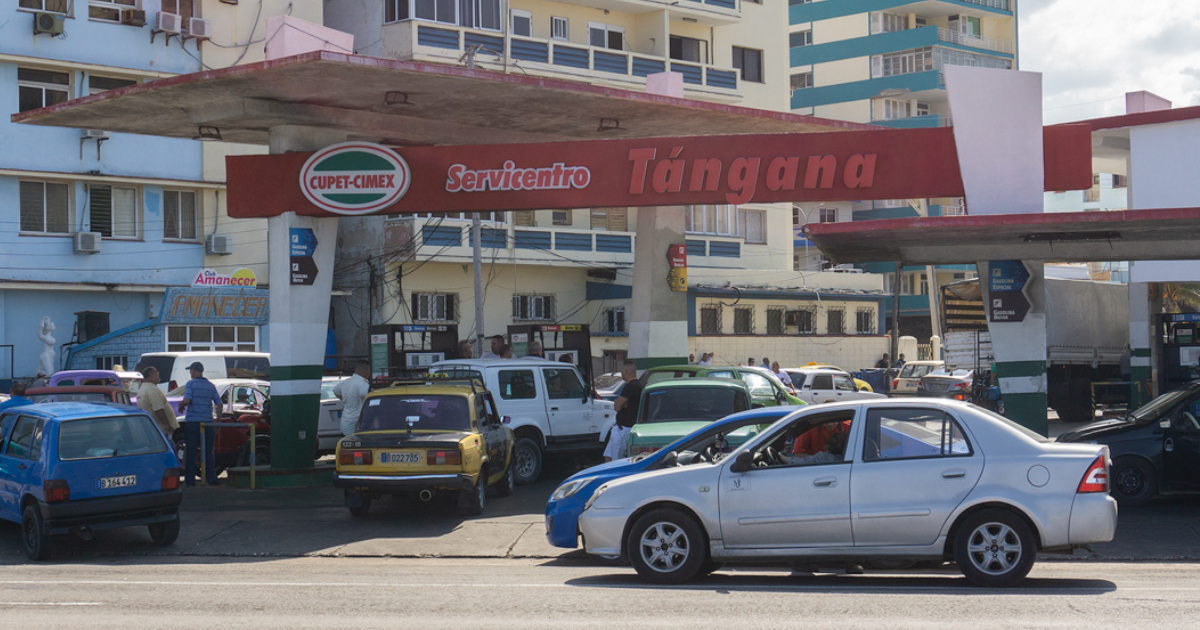
The Cuban Oil Union (CUP), on its 32nd anniversary, asked workers to be more efficient and disciplined because the country faces a "media war"that tries to destroy it.
The engineerNestor Perez Franco, general director of CUPET, signed a letter addressed to his workers and managers where he calls for discipline and warns of alleged dangers to the stability of the regime.
"We live in very difficult times, with a complex economic scenario, and with amedia war that is committed to destroying the immense work of the Cuban Revolution," said Pérez.
In a second publication on its social networks, the largest oil company in the country assured that it is preparing its management teams and its reserves at the Cienfuegos Refinery on the issue of "unconventional warfare".
The state company is incapable of recognizing that most of its problems today do not come from external aggressions, but from productive inability, and erroneous economic policies of the government, among other compelling reasons.
At the end of February, the Cuban authorities informed the people of the implementation of thenew fuel prices and the electricity rate for high consumers.
The government ratified the high prices that they would impose on fuel and offered a list ofservice centers in dollars, despite not being the currency in which the regime pays workers.
A few weeks before,Reuters had reported thatCuba receives enough fuel to meet the needs of the population. According to sources consulted by the agency, the island requires around 125,000 barrels per day (bpd) of fuel and in total it would be receiving around 129,000 bpd.
However, theelectricity outages They are increasing in Cuba. The shortage of fuel, especially oil, is marked throughout the country and leaves transportation costs high.
The shortages gave way to protests in the streets of Santiago de Cuba, Cárdenas and Bayamo, where people came out to demand their rights to normalized electrical service and access to food.
The governorMiguel Diaz-Canel He tried to give an image of a person who was empathetic to the needs of the people, and ended up blaming the United States blockade and the independent media for wanting to break stability and citizen peace in Cuba with a supposed "media war."
What do you think?
COMMENTFiled in: